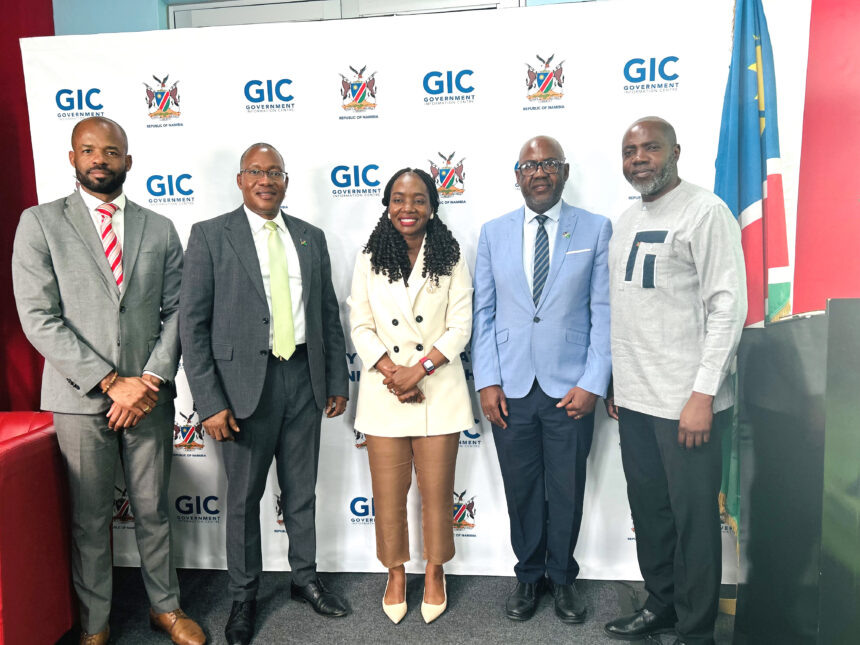Eba Kandovazu
Telecom Namibia’s CEO Stanley Shanapinda says the company has managed to block further access by ransomware hackers, who leaked the company’s data last Friday.
He said on Tuesday, the company had introduced multi-factor authentication for its staff members, and immediately cancelled VPN remote access.
He was speaking during a media briefing at the Government Information Centre, accompanied by the executive director in the Office of the Prime Minister, I-Ben Nashandi, the executive director in the Ministry of Health and Social Services Ben Nangombe, and the CEO of the Communications Regulatory Authority of Namibia, Emilia Nghikembua.
Shanapinda said the telecommunications company had implemented measures to deter further hacking, and to restore consumers’ trust.
“We are providing training for our cybersecurity staff. We have asked employees to change immediately, and we updated our cybersecurity procedures,” he said.
The company detected the unauthorised access to their server in early November.
“We then engaged international cybersecurity experts to investigate the breach within hours of detecting that date was being copied,” he said, adding that only 626 gigabytes of data was leaked.
This, he said, represents 1.69% of all the data leaked, out of the 37 000 gigabytes, representing data 3.7 terabytes data the company has in its position.
“Because of the swift action and identification of the hacker, they couldn’t copy any more files.
There was no virus in our system. The hacker entered through a VPN on a laptop.
They then used existing legitimate files in the system to copy and move files because uploading a file would be suspicious,” Shanapinda stated.
He has since assured consumers that their browsing history was not leaked, although personal information such as IDs and addresses may have been at risk.
-Nampa


